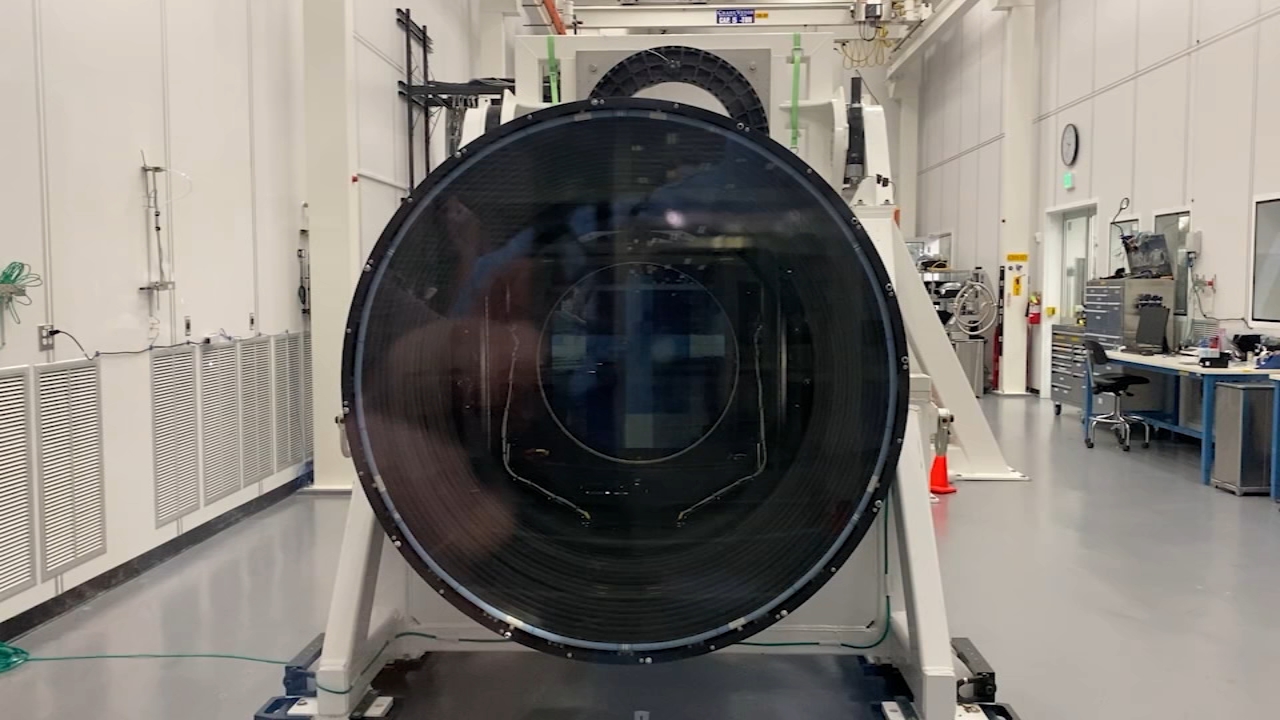Science world buzzing over galactic space radio blip


MOUNTAIN VIEW, Calif. (KGO) -- The science world has something new to talk about tonight, after reports of a radio blip from galactic space. It might be a ping, that some believe might be a message from some distant civilization.
There was much ado on planet earth Monday about a signal. Not a ring, but a possible ping.
"The phone has been ringing all morning," said Dr. Seth Shostak, Ph.D., of the SETI Institute. "It's just a blob of melted plastic on my desk now, yes."
RELATED: UC Berkeley's search for extraterrestrial life gets funding boost
One look around Shostak's Mountain View office and it becomes clear that the man has finding ET on his mind.
And now the rest of the world does, too, after an unexplained blip that appeared on a Russian radio telescope a year ago last May.
"It started off weak, became strong, and disappeared again," he said. "That is exactly the kind of thing you'd expect from a signal coming not from a local airport and not from a telecommunication satellite, but from the sky."
The signal appears to have come from a star, just like our own sun, with at least one known planet in the constellation Hercules, 95 light years away. That's 500 trillion miles; in cosmic terms, right next door.
"We are talking about a message that left its star in 1920 and finally arrived in Russia in 2015," said Doug Vakoch, Ph.D., with METI International.
Vakoch is as interested in sending messages as much as receiving them.
The question now -- has anyone else heard the signal from Hercules? The answer is no. It's more likely to have been man-made.
RELATED: Astronomers hope lasers lead to life beyond earth
But SETI is turning it's Paul Allen Telescope Array in that direction.
"Whenever you see a signal that appears only once you have to be incredibly skeptical," said Vakoch.
A message from space is a fanciful concept played up by Hollywood. But it wouldn't be nearly as glamorous in real life.
Such a signal would stand out as one line of order against a background of chaos.
The first detectable signals from earth might be something like this -- early television.
Shostak: "They haven't picked up 'I Love Lucy' yet. And there certainly hasn't been enough time for them to have picked it up, decide they didn't like Fred Mertz's jokes, and send back some criticism to us, cause that would take another 95 years."
Freedman: "Our signals are not there yet?"
Shostak: "Our signals are not there yet, they don't know we're here."
So if you're a believer, sorry to disappoint. Science demands discipline, even as earthly imaginations run wild.










